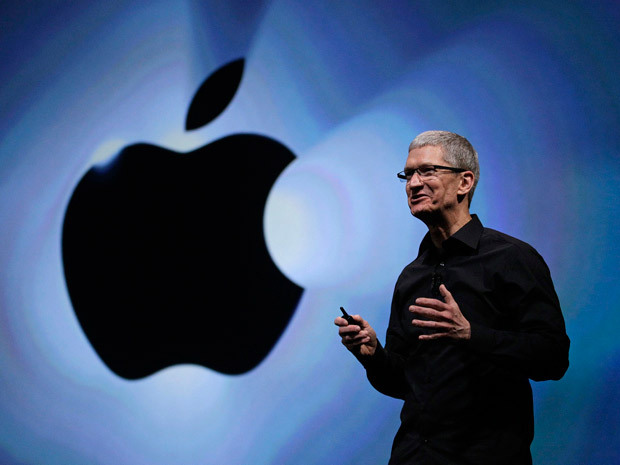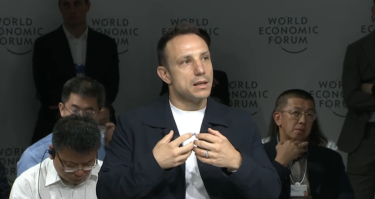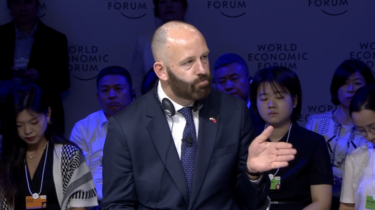Apple’s CEO opposes the FBI’s demands to build a version of the iOS that would bypass security to unlock the San Bernardino shooter’s phone as a threat to data security.
In what Tim Cook called a “dangerous precedent,” the Apple CEO is rejecting a US court order to manipulate the iPhone in order to give the FBI access to potentially sensitive information stored in the phone of the late gunman, Syed Rizwan Farook.
“The FBI wants us to make a new version of the iPhone operating system, circumventing several important security features, and install it on an iPhone recovered during the investigation. In the wrong hands, this software — which does not exist today — would have the potential to unlock any iPhone in someone’s physical possession,” wrote Cook in an open letter to Apple customers.
The Apple CEO explained that the company had been working alongside the FBI, fielding all questions regarding the San Bernardino shooting, but when the Feds overstepped their boundary, Cook cracked-down, citing there would be no end in sight should the government have control over Apple consumers’ private data.
“Some would argue that building a backdoor for just one iPhone is a simple, clean-cut solution. But it ignores both the basics of digital security and the significance of what the government is demanding in this case,” wrote Cook.
“The government suggests this tool could only be used once, on one phone. But that’s simply not true. Once created, the technique could be used over and over again, on any number of devices,” the chief executive added.
Read More: Proposed social media legislation in terrorist backlash a major privacy concern
Instead of going through the normal legislative channels, the FBI is taking to the centuries-old All Writs Act of 1789 to “justify an expansion of its authority.”
Using the All Writs Act, the US District Court for the Central District of California called on Apple to “assist law enforcement agents in enabling the search of a digital device seized in the course of a previously issues search warrant in this matter.”
The issue at stake here is not over whether or not Apple is refusing to help with a federal investigation – they’ve already been in compliance. The issue is that once the government has access to the iPhone’s security system, it would be the equivalent of creating a master key that could potentially breach millions of unsuspecting users.
Cook explains the chilling implications, “The government could extend this breach of privacy and demand that Apple build surveillance software to intercept your messages, access your health records or financial data, track your location, or even access your phone’s microphone or camera without your knowledge.”
Does this sound familiar? Edward Snowden, anyone?












